I hope this question is appropriate. I'm looking for a solution to an genetic program implementation I have in my mind, but I'm still new to AI and have no clue where / how to solve the problem in mind.
So I recently started experimenting with genetic algorithms (finding the optimal solutions), and afterwards now started looking at genetic programming (finding the optimal program for solutions)... The mutation, crossover etc. on decision trees are relatively straight forward to me, but am still struggling to wrap my head around the implementation of problems.
If a genetic program can find the math function for a set of correlating inputs values to outputs, then by looking at the optimization problem (let's say bin packing problem), how can you use a genetic program to determine the most optimal objective / fitness function for the problem? Because then you "should be" able to use that generated fitness function (from the GP) for implementation on the GA to find the optimal solution to the problem? - in such a manner that your GA will perform more robustly
If I understand this correctly, how will the GP process be feasible? Is it some general used technique, is the approach related to fitness landscape evaluation for optimization problems... or? Any help will be greatly appreciated. I know there's a solution, just don't know where / how to search for it, or what it's referred to...
Thank you in advance.
